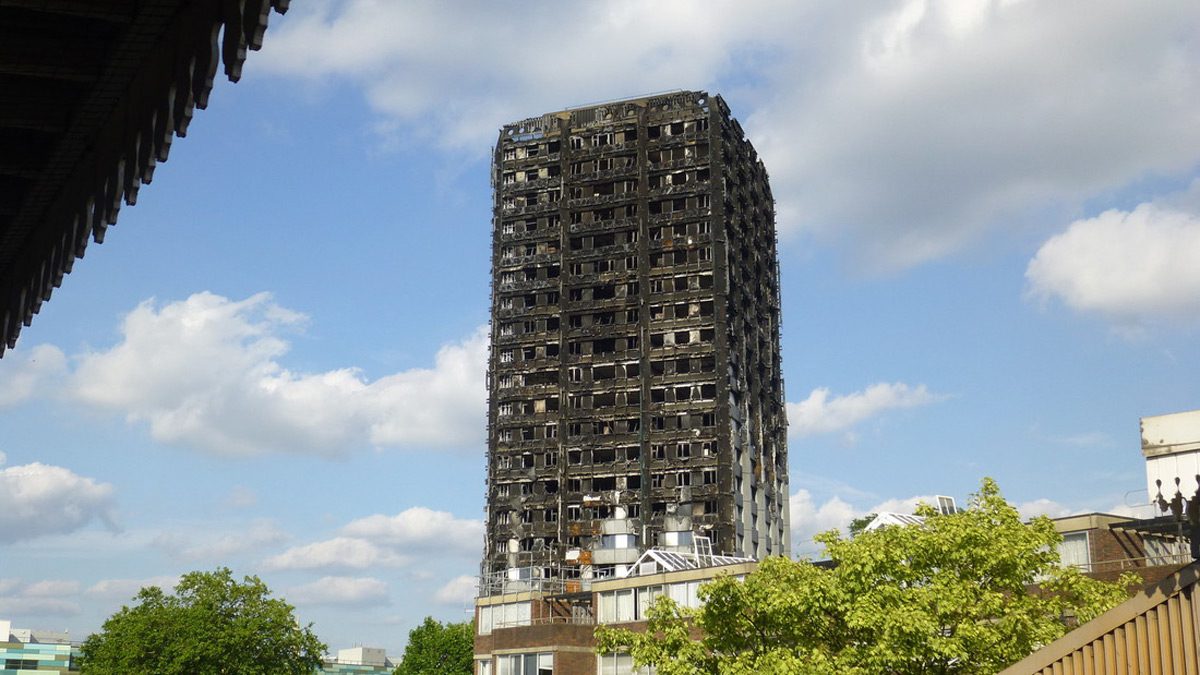This article is from the Australian Property Journal archive
A GLOBAL coalition of over 80 fire safety organisations have launched a new Decade of Action for Fire Safety 2022-2032, backed by the United Nations.
The launch of the Decade of Action for Fire Safety builds on the International Fire Safety Standard – Common Principles (IFSS-CP) published by the IFSS Coalition in October last year.
The IFSS is an industry-led global response to address differing or, in some cases, non-existent requirements in countries across the world to fire safety. Contrasting approaches have resulted in significant variations in the design, approval, construction methods and operation of buildings and infrastructure, impacting fire risk.
Robert Hecek, LFAPI, founding member of IFSS, said the Decade of Action for Fire Safety ensures an internationally consistent approach to the safety and management of buildings and infrastructure.
“This is addressing a global crisis, in Sydney alone there are some 239 apartment buildings housing thousands residents and are deemed high -risk and are under orders to remove combustible cladding. The government is to start remediating the first buildings in February,” Hecek said.
The Decade of Action delivers a clear Goal, performance-based Objectives framework and common Actions that align with the UN SDGs that can take place at the individual, community, city, national, regional, and global level, which can be defined as follows;
- Pillar 1 – People – actions to help individuals and groups understand fire, what they can do to increase their understanding
- Pillar 2 – Products – actions to reduce fire hazards associated with appliances, contents and building components
- Pillar 3 – Structures – actions to reduce fire hazards associated with structures including planning, design, and operation
- Pillar 4 – Infrastructure – actions to help enhance firefighting infrastructure
- Pillar 5 – Communities – actions to facilitate sustainable and fire resilient communities.
“Since the first meeting of the IFSS Coalition at the UN in Geneva on the 9th July 2018, we have produced a Global Standard backed by the UN. This document has been developed by technical experts from 18 countries with a combined expertise covering 100 different markets. Now that it has been accepted by the UN, we will drive its implementation with UN global membership,” he added.
IFSS chair Gary Strong the coalition has worked hard to produce this globally applicable way to bring improvements and consistency in fire safety to buildings and infrastructure new and old, and reduce the risk to lives.
“The goal of the Decade of Action for Fire Safety is to stabilise and reduce the forecast level of fire fatalities, injuries, economic cost, and environmental impact around the world by 2032 despite an increase in population over this period.
“This new initiative is unprecedented, being the first agreement on fire safety actions on this international scale, with its development supported by the United Nations in line with its own sustainable development goals. It is the outcome of extensive work and worldwide expertise on fire safety drawn from over 80 coalition organisations, and will bring reassurance that the construction and management of buildings and infrastructure upholds appropriate fire safety standards, with improved training, education, and resources.” Strong concluded.




